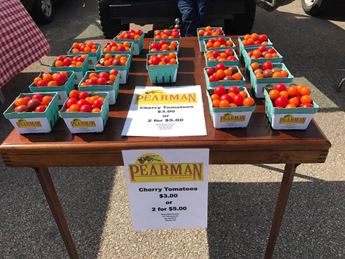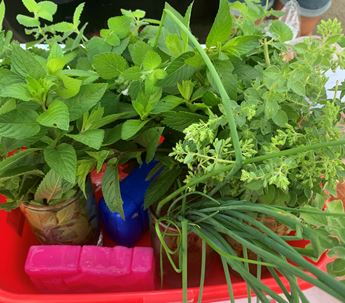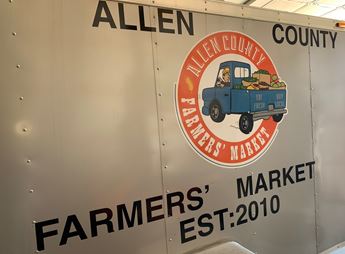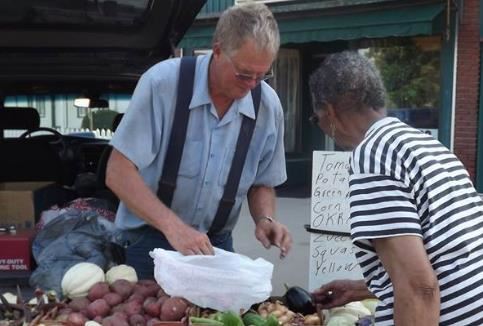

Oh, SNAP! Farmers Market Makes Food Fresh, Affordable, and Local
August 27, 2020
American food culture is changing, both nationwide and in rural areas. Iola is meeting those changes with creativity and determination.
For 18 years, Iola hosted a thriving farmers market—until the state started requiring vendors to collect sales tax. Farmers revolted, and the market closed. A few years later, the local grocery store followed suit. This created what is known as a food desert, a problem all too common in rural areas.
Debbie Bearden, a coordinator at the Allen County Farm Bureau Association, laughs when she learns she has been labelled a food activist by her community. “I never thought of that term for myself,” she says. Then she adds, “I look around, and I see needs. What motivates me is if there’s something I can do to improve the situation, then I go for it.”
When farmers approached Bearden about creating a new farmers market in the winter of 2009, she sprang into action, and the market opened for its first season in spring 2010 with 64 participating vendors.
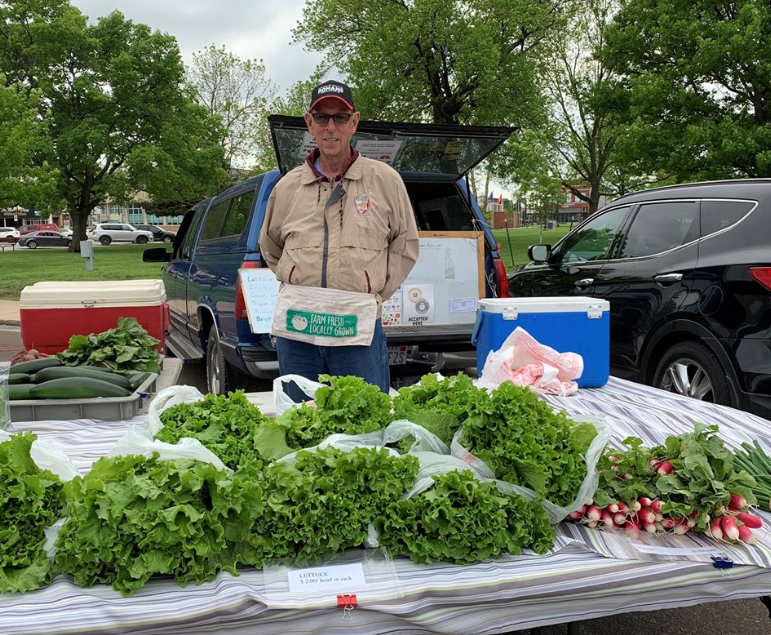
Photo Credit: © Robin Schallie
The results for the community have been substantial: 87 cents for every dollar spent at the farmers market stays in the local economy, with shoppers spending an average of $10-20 each market. The market has also increased from once a week to three times a week. In order to serve fresh, healthy, locally grown food to families of all income levels, the market accepts SNAP (Supplemental Nutrition Assistance Program) credits and participates in the Double Up Food Bucks program, which provides additional assistance to SNAP users who purchase fruits and vegetables.
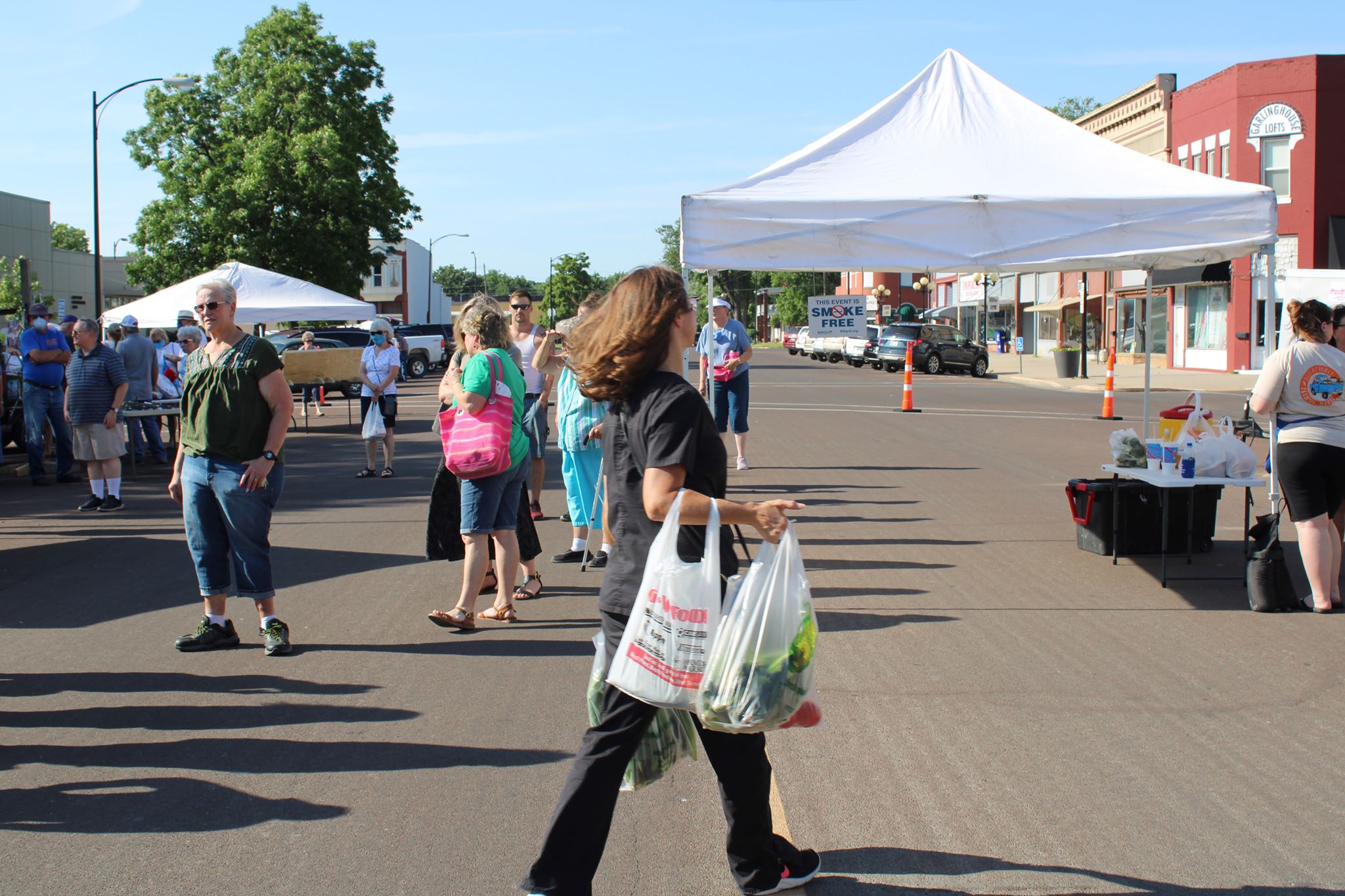
Photo by Emily Counsil/Courtesy of Downtown Iola
It has taken some time for Allen County consumers to grow accustomed to shopping at famers markets, but Bearden says that people now approach her frequently to ask when seasonal products, such as tomatoes and watermelons, will be available at the market, reflecting the growing enthusiasm for local food.
Despite these improvements, however, challenges remain.
“In 10 years, the growers we have will not be growing,” says Bearden. Most of the farmers who sell at the farmers market in Allen County are in their 60s. Without young people to take these farmers’ places, the local food movement will founder.
One of the Farm Bureau’s upcoming projects involves teaching practical horticulture techniques to local high school students with the goal of empowering them to feel confident enough in their skills to break ground on a background garden or set up their own aquaponics system.
Bearden is passionate about teaching others to grow and farm because “no one can take your skills from you…. We can’t sit back and wait for other people to meet our basic needs when we have the power to accommodate them.”
Daniel Kays, executive director of the Bowlus Fine Arts Center and Crossroads: Change in Rural America project director highlights Allen County's past efforst to improve the community: "From the earliest days of Allen County's formation, and with the arrival of an ambitious vision of the Vegetarian Emigration Company in 1855, Allen County residents have strived to create healthier and improved opportunities for our children and community. The Bowlus Fine Arts Center is proud to support Debbie Bearden and the Allen County Farmers' Market as they continue to change the county's vision of lifelong health and wellness."
Join the Movement of Ideas
Visit the Crossroads: Change in Rural America Smithsonian Institution traveling exhibition and the Allen County: Trails to Rails to Highways and Back exhibition both on display at the Bowlus Fine Arts Center, 205 E. Madison Avenue in Iola, from August 29 to October 11, 2020. www.bowluscenter.org




